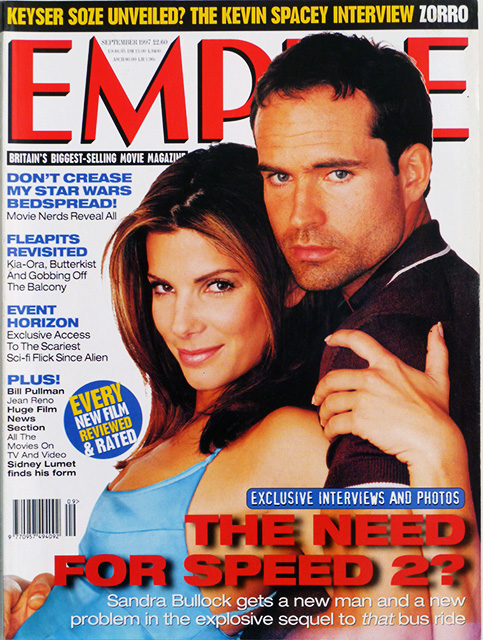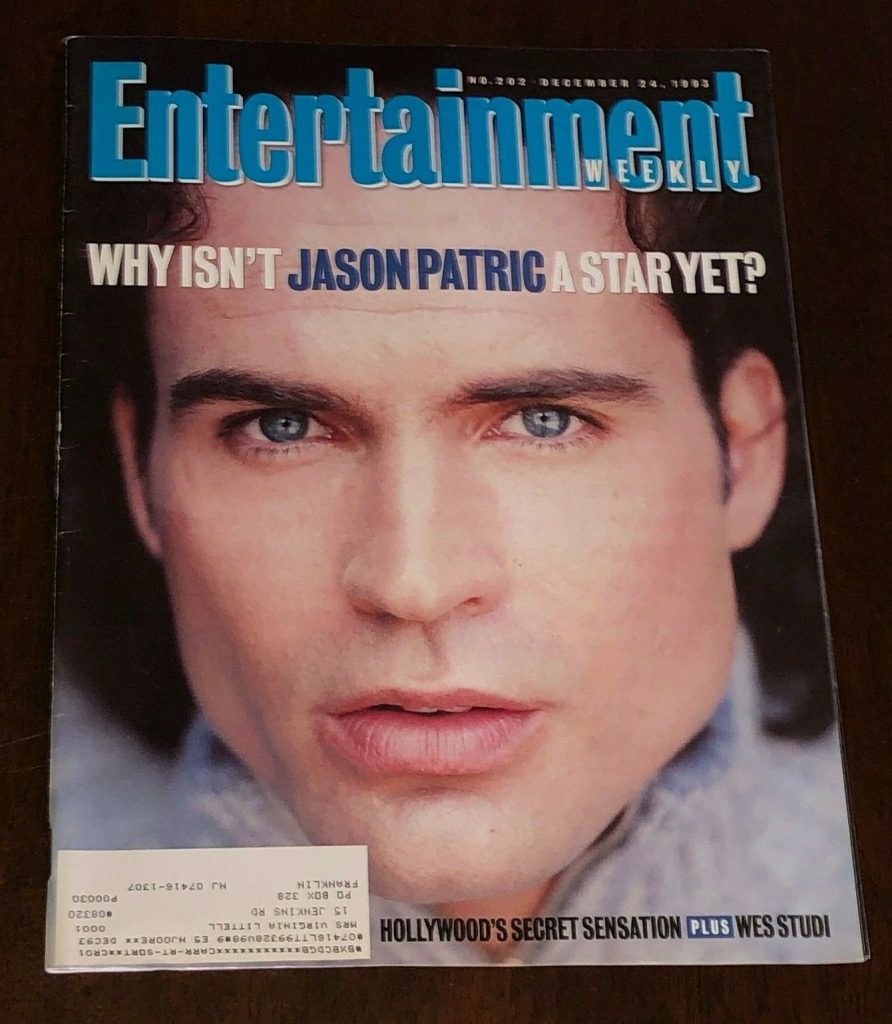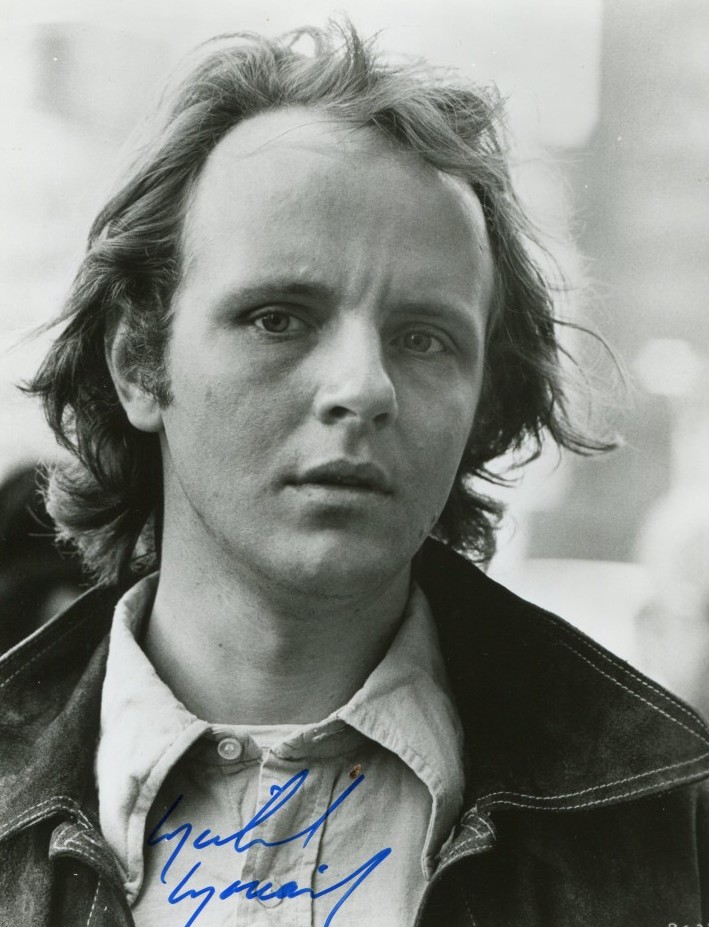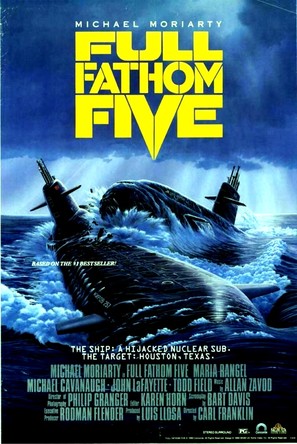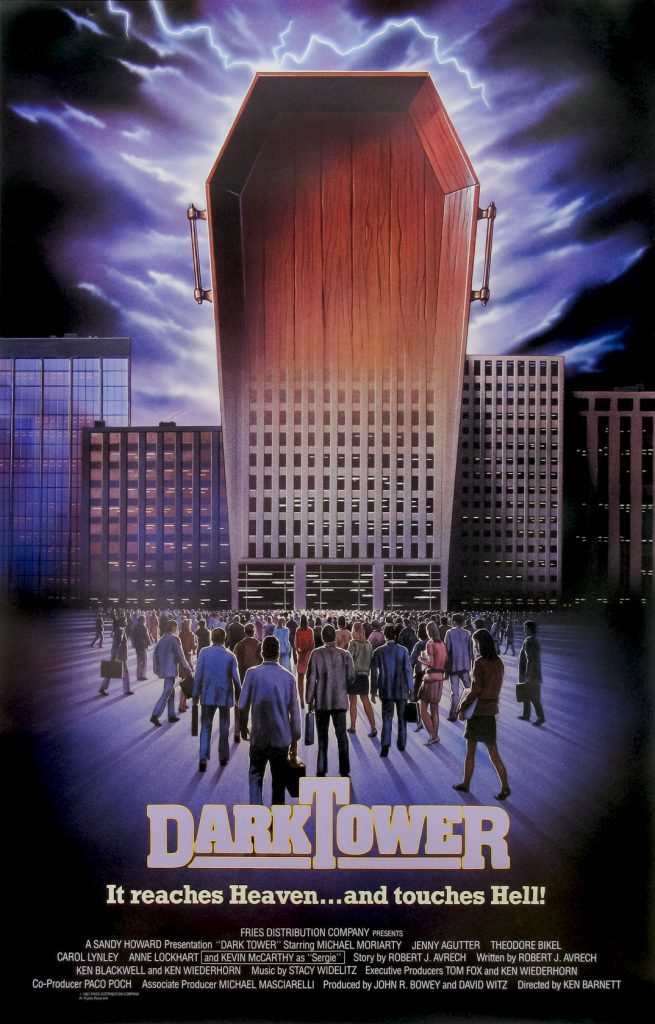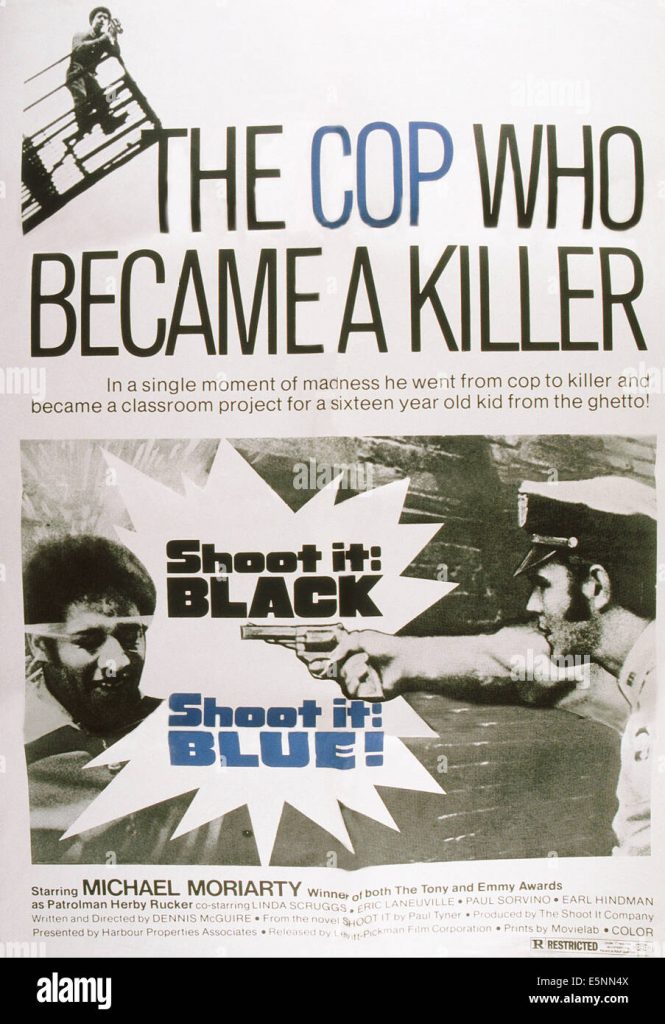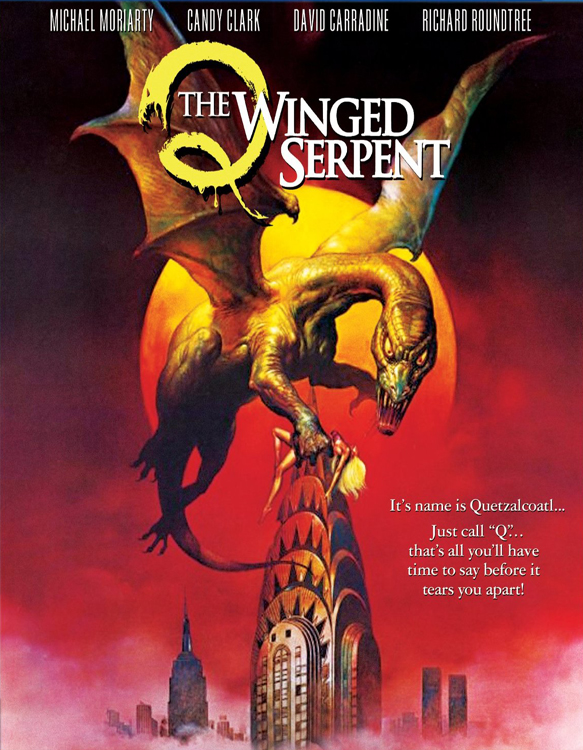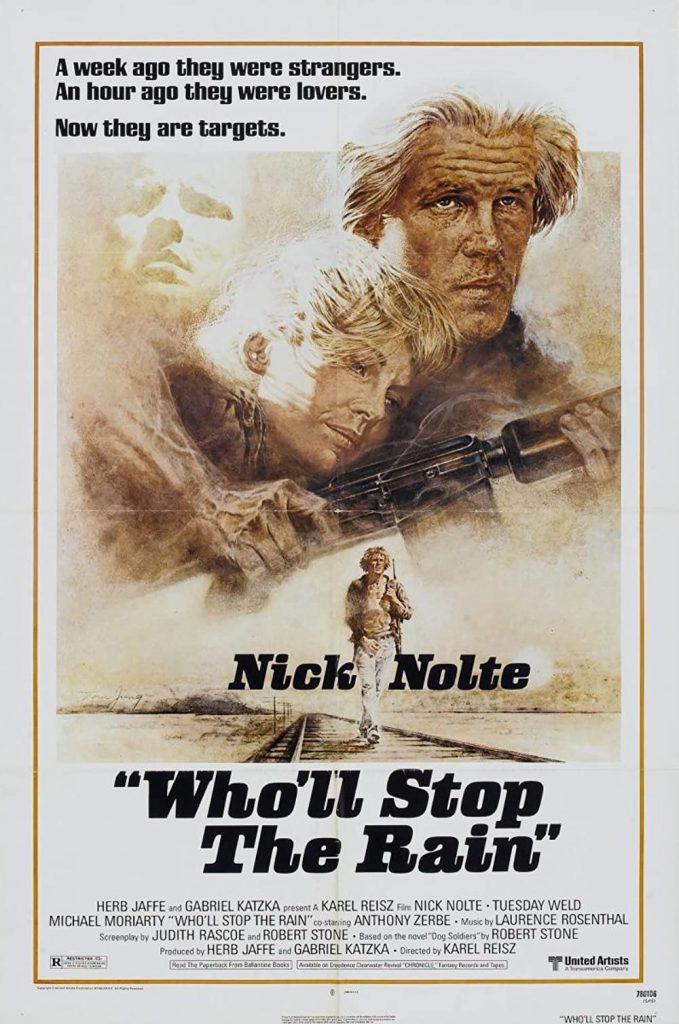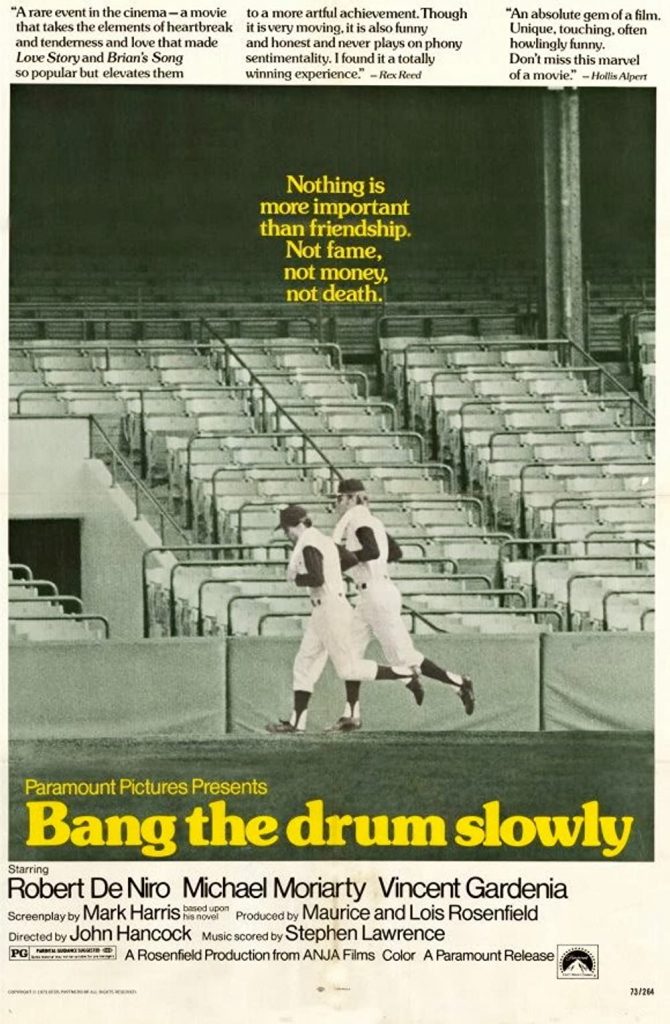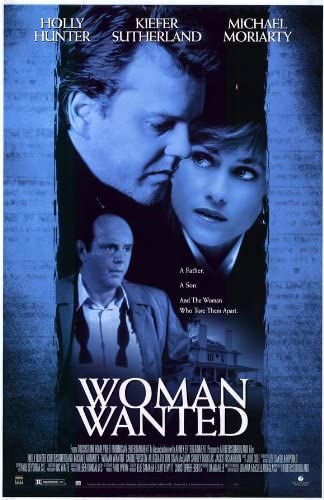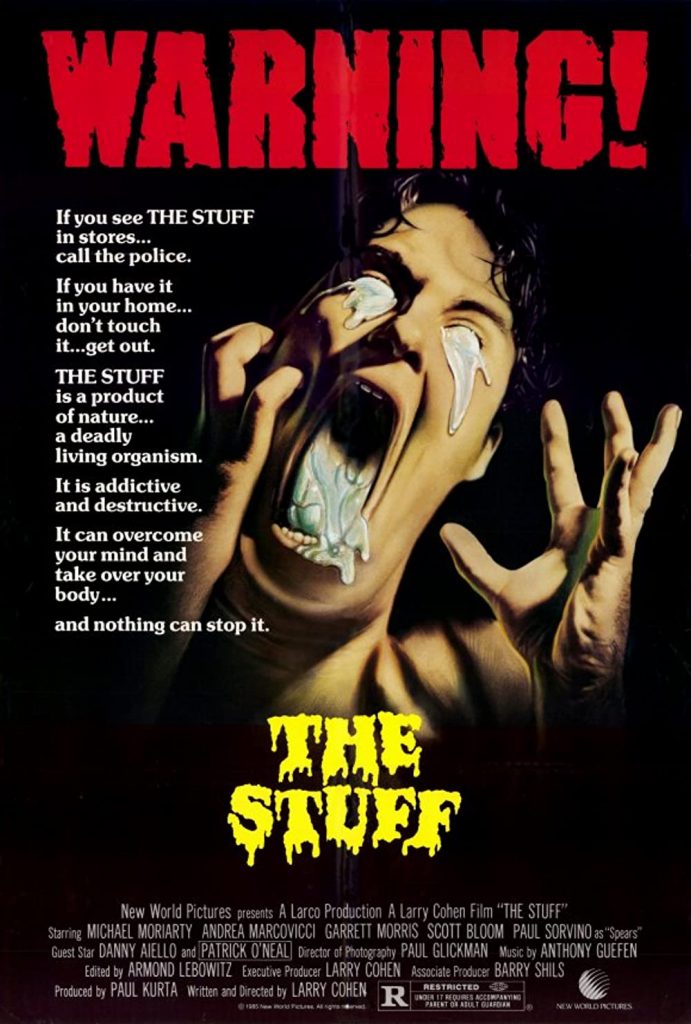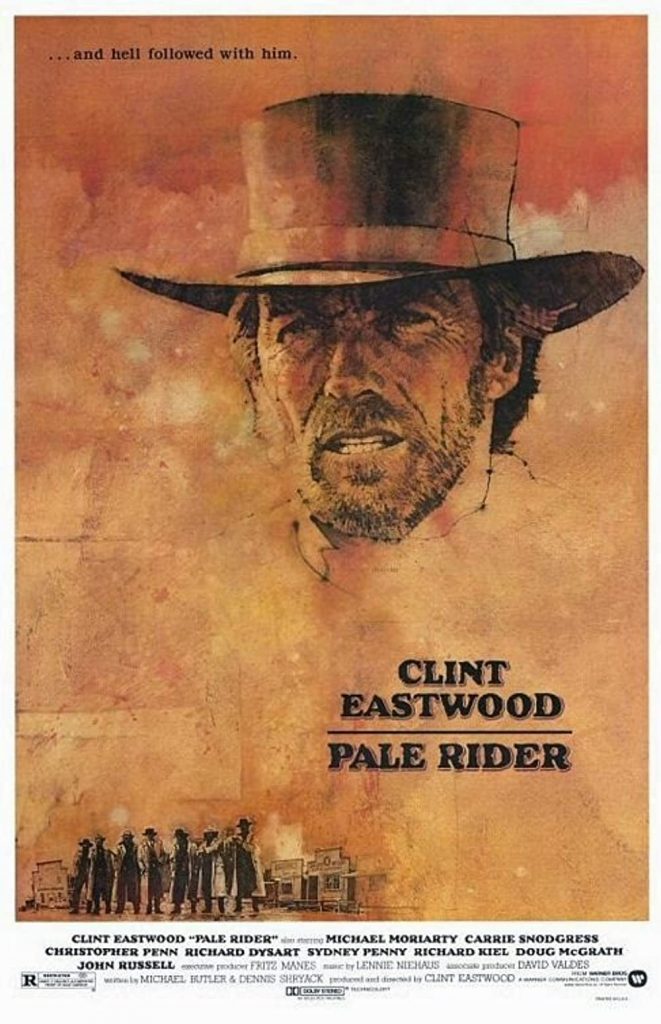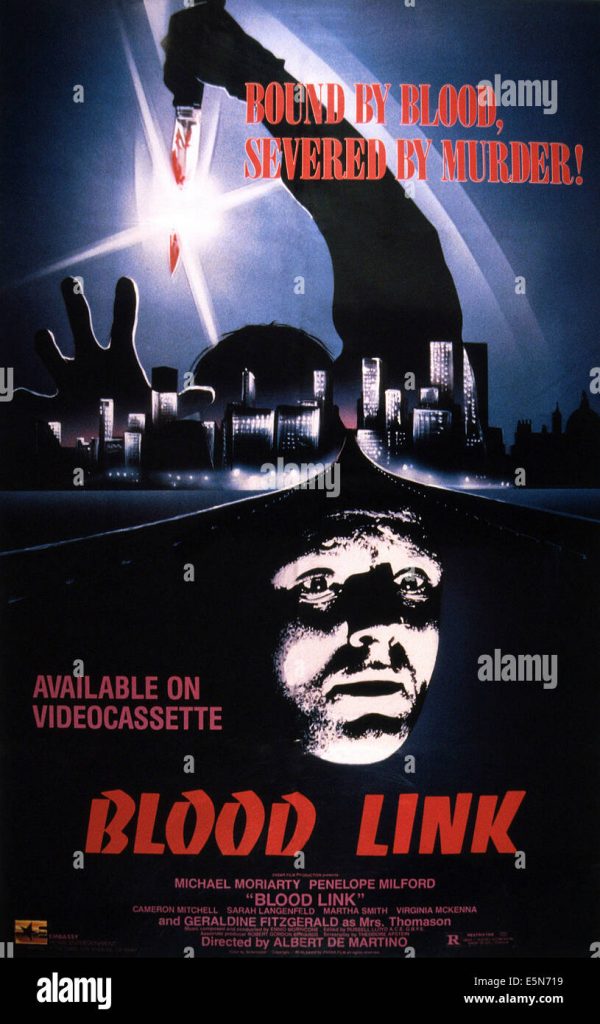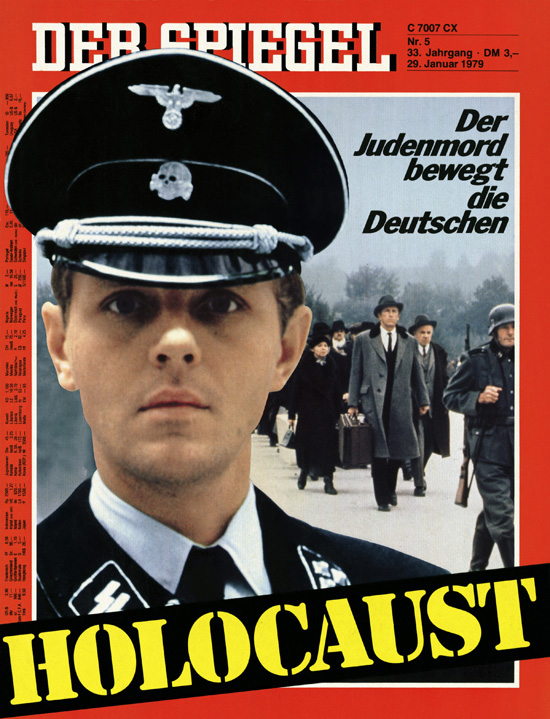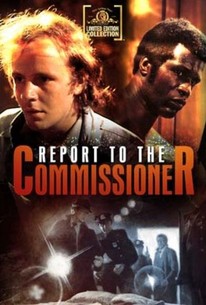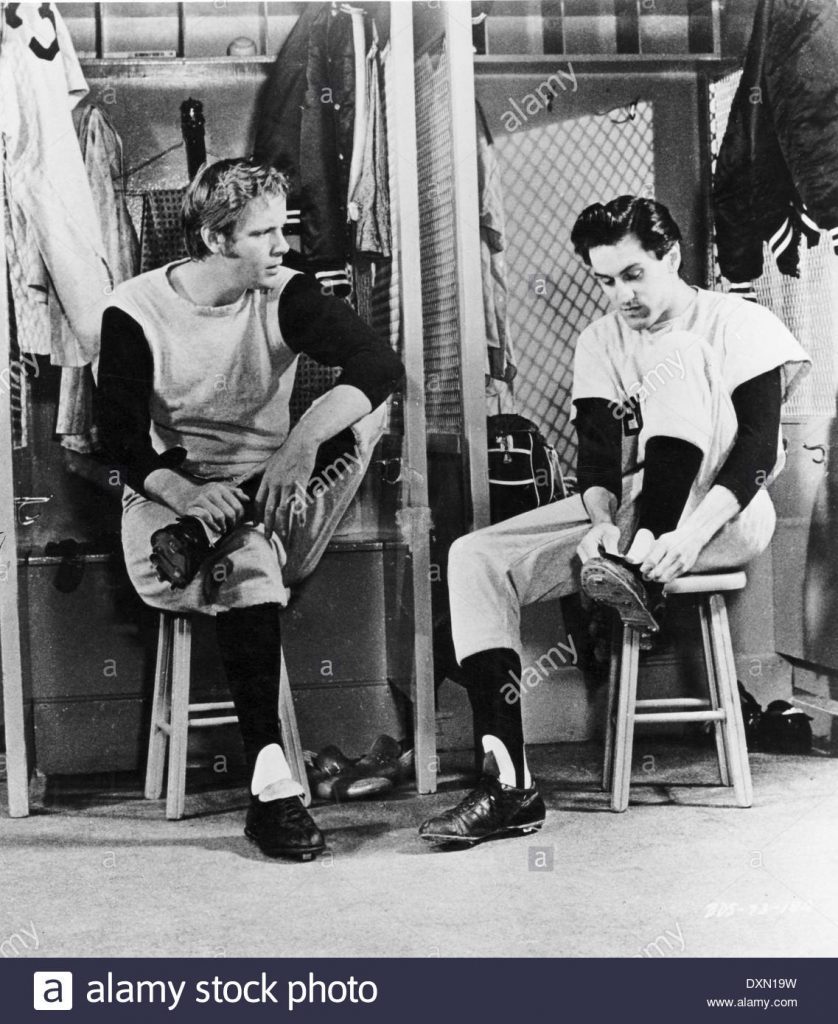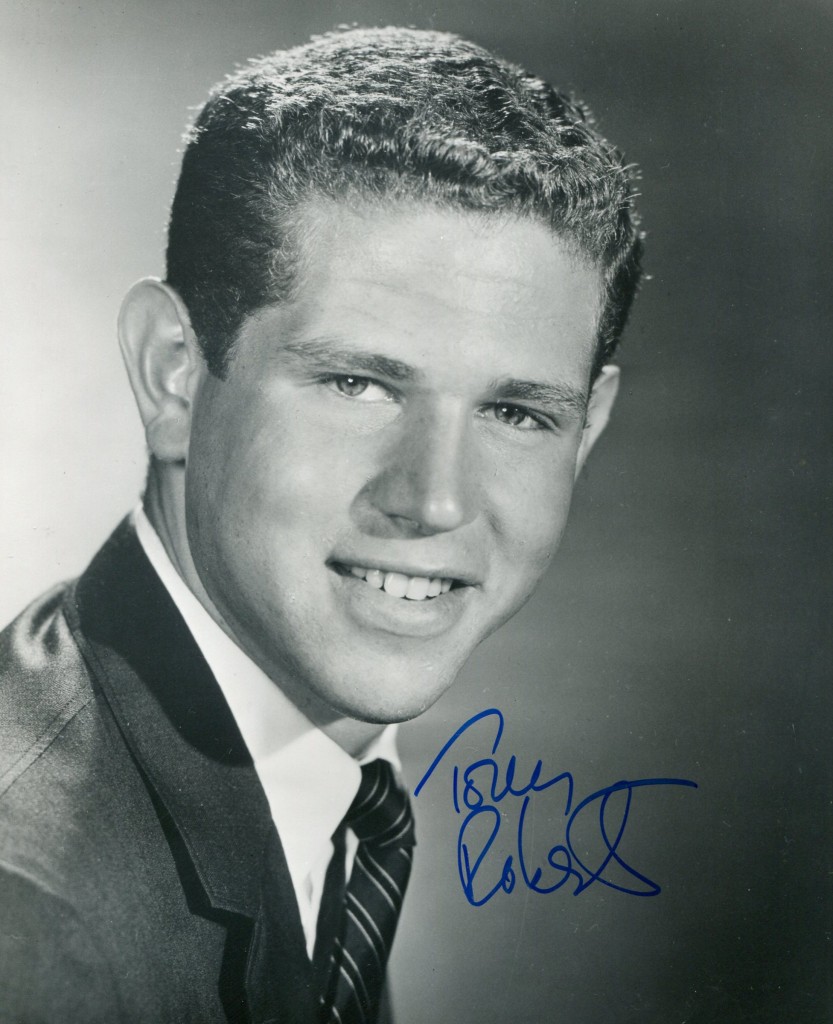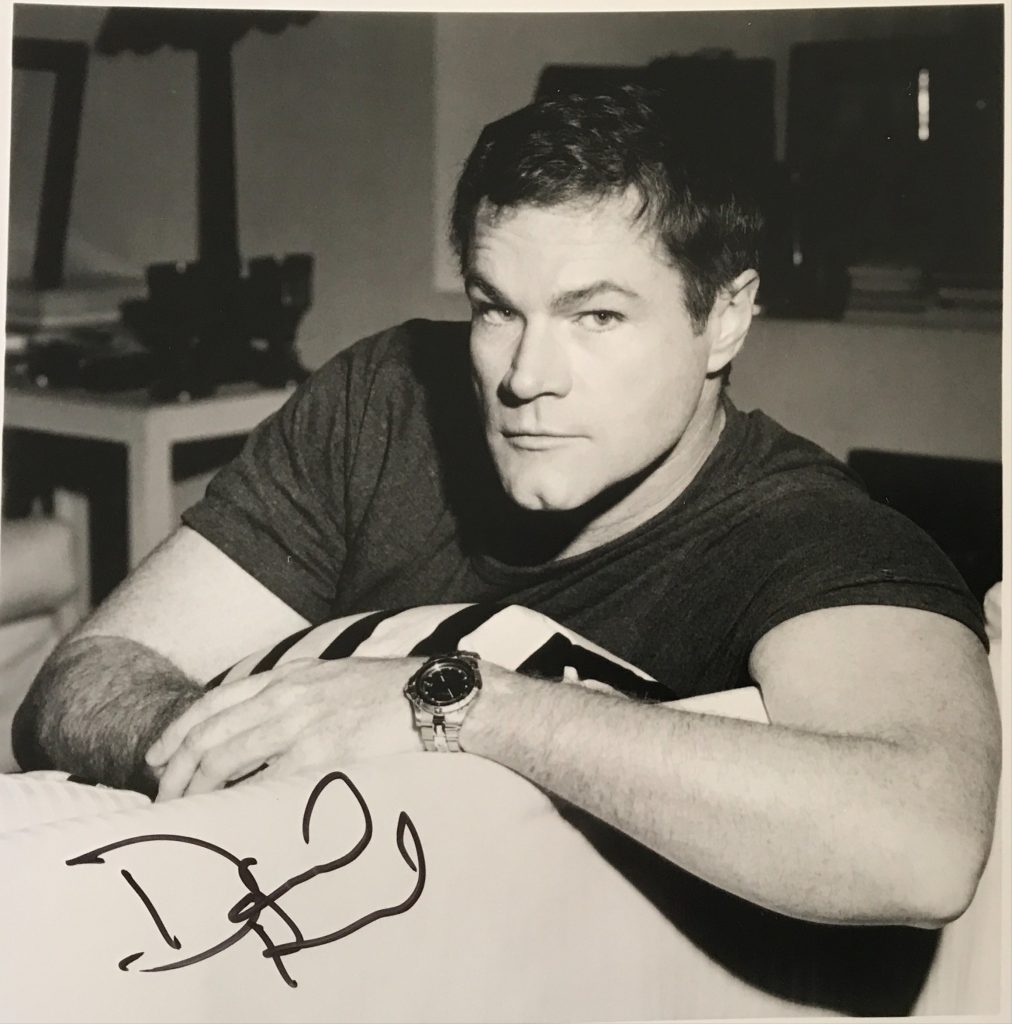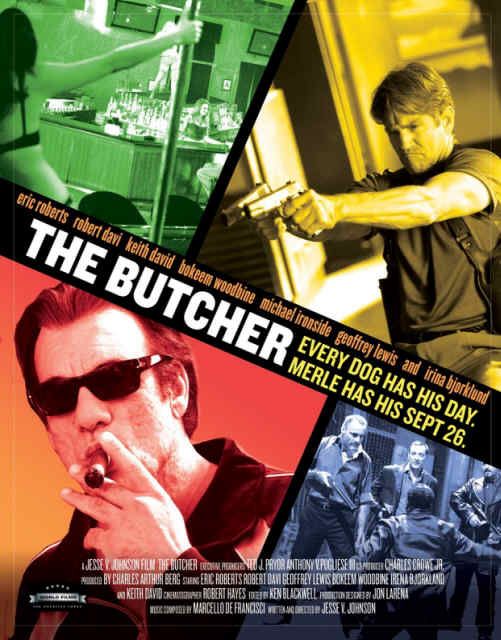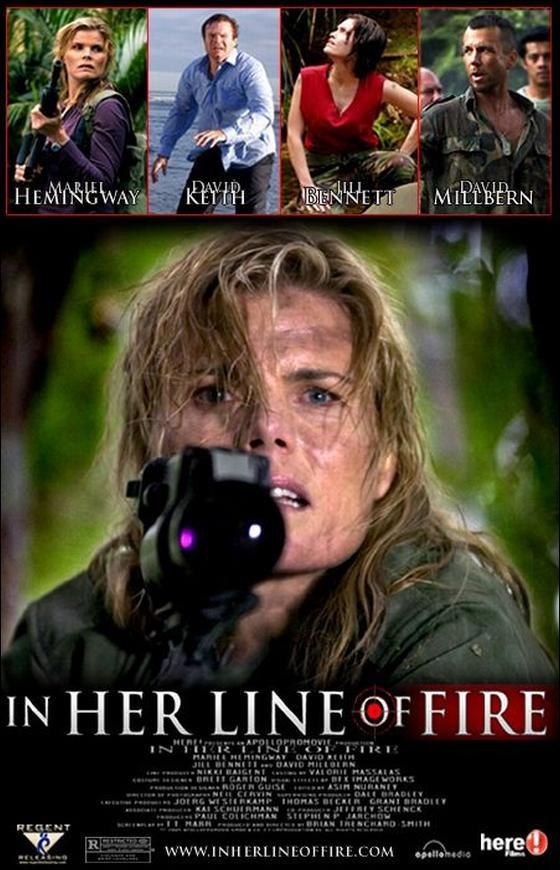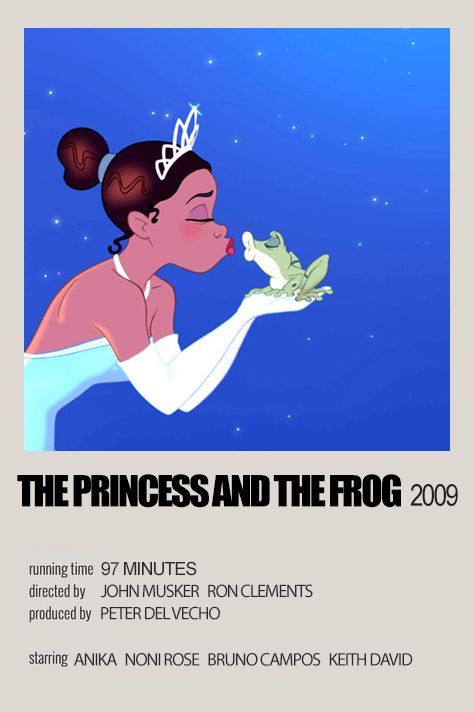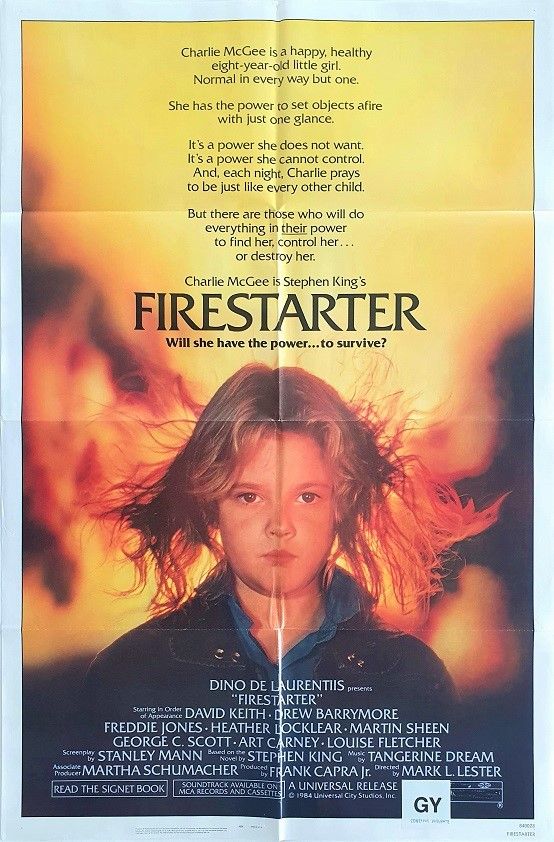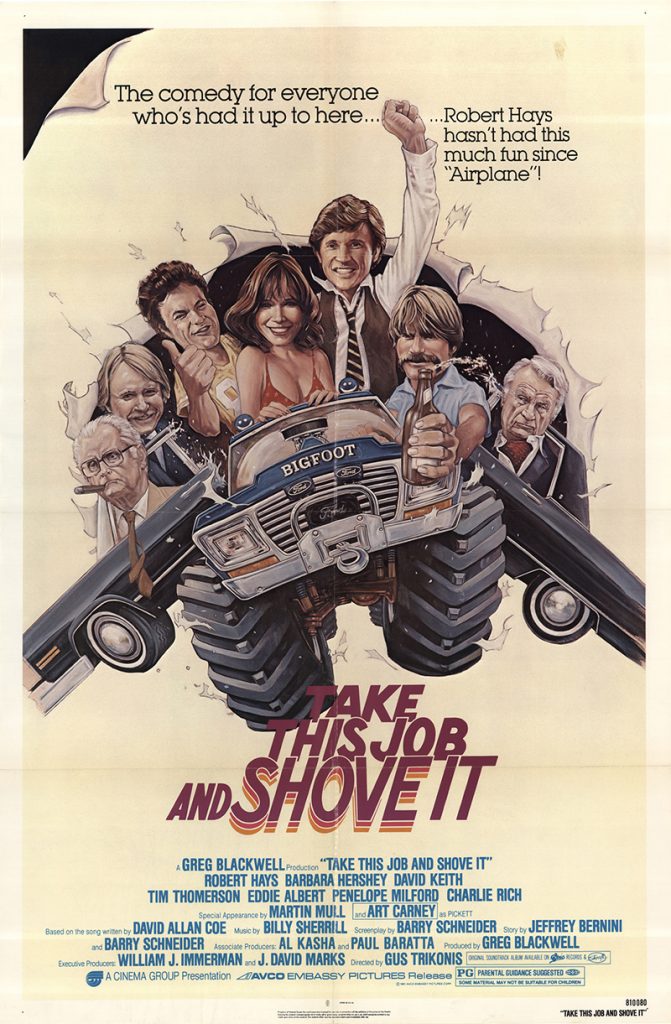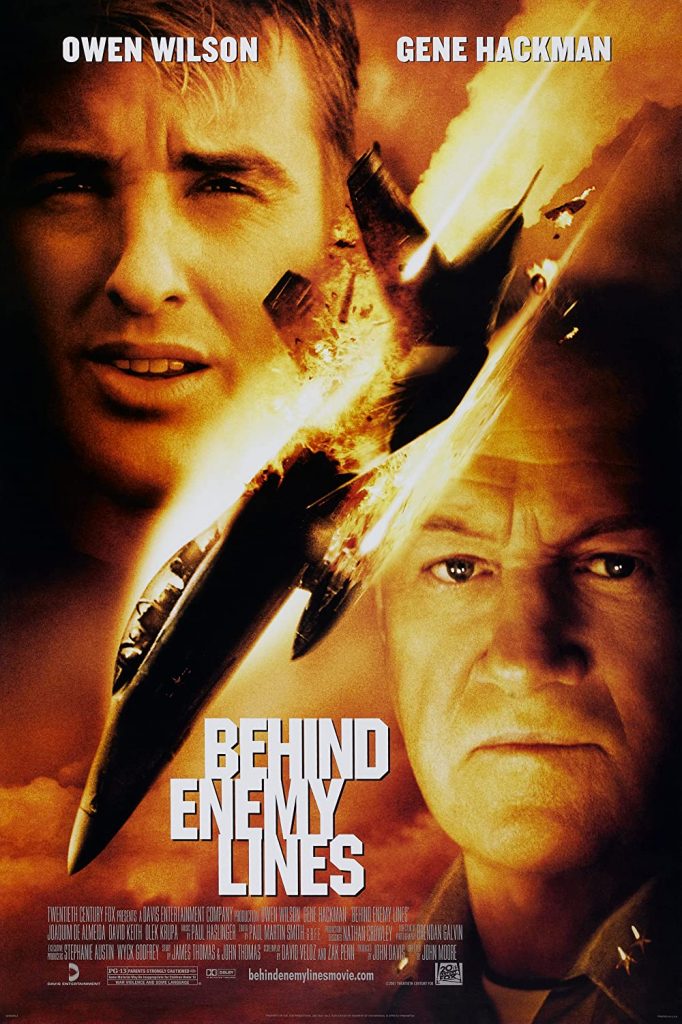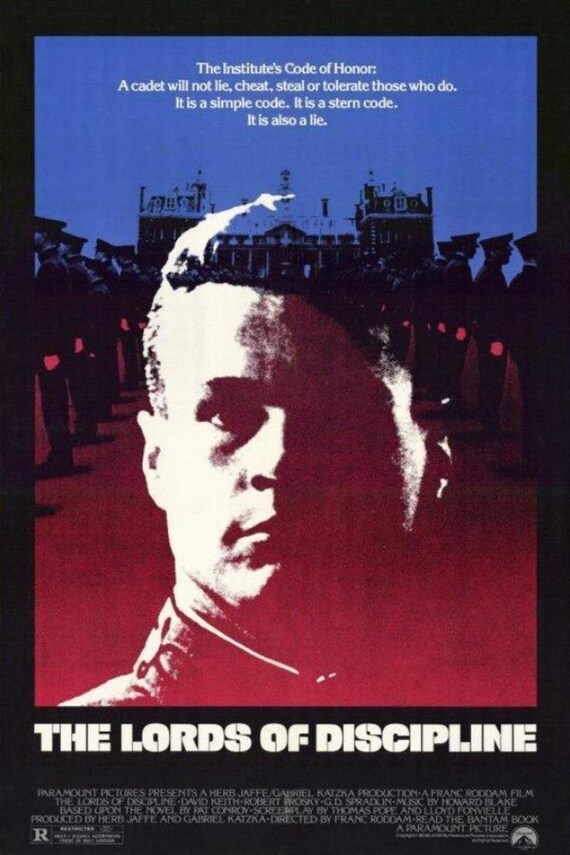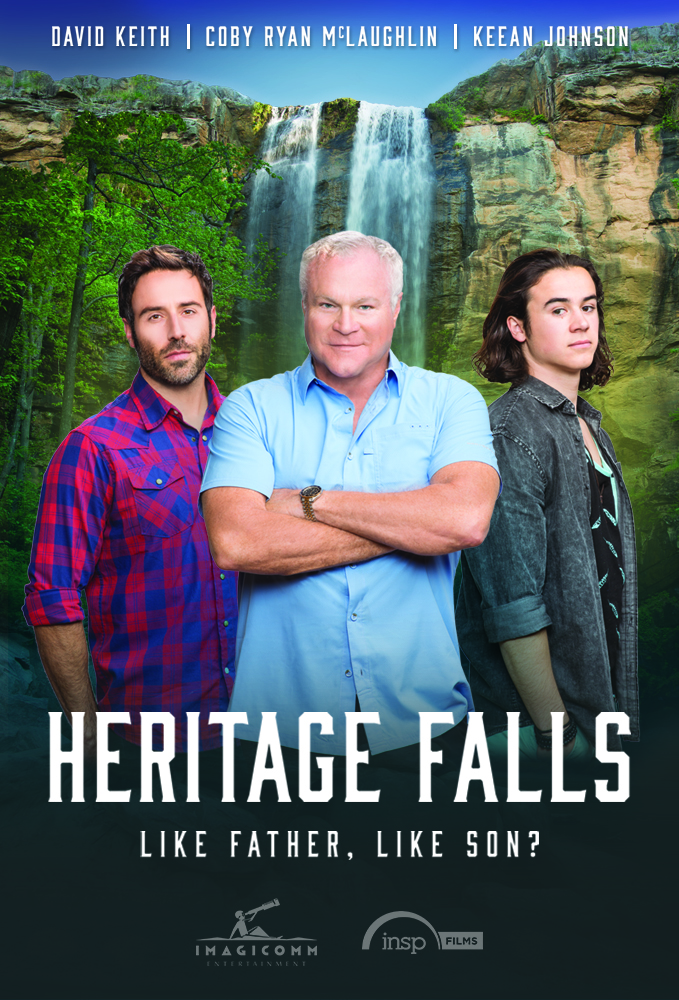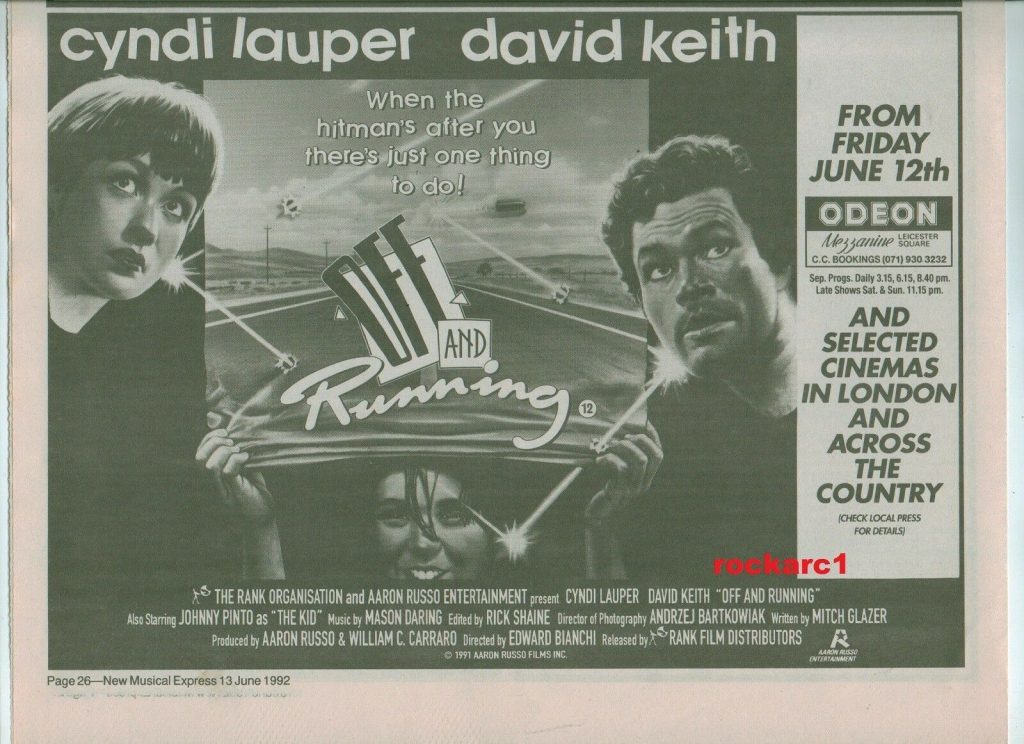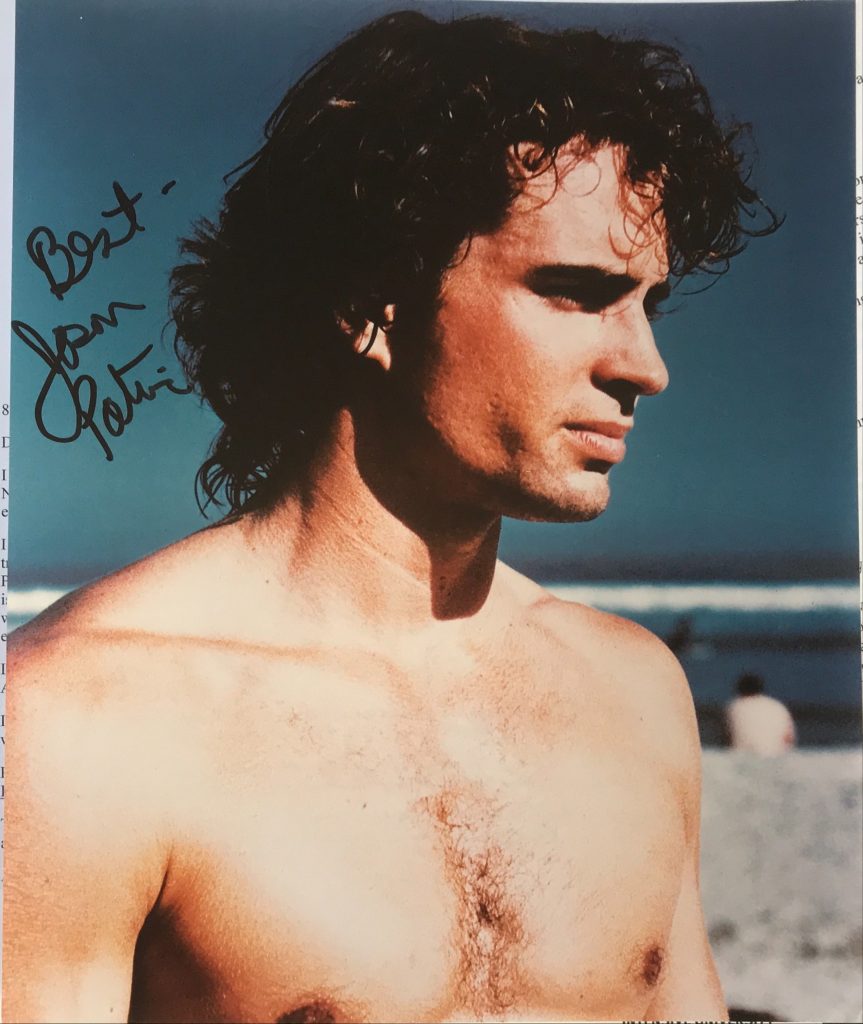
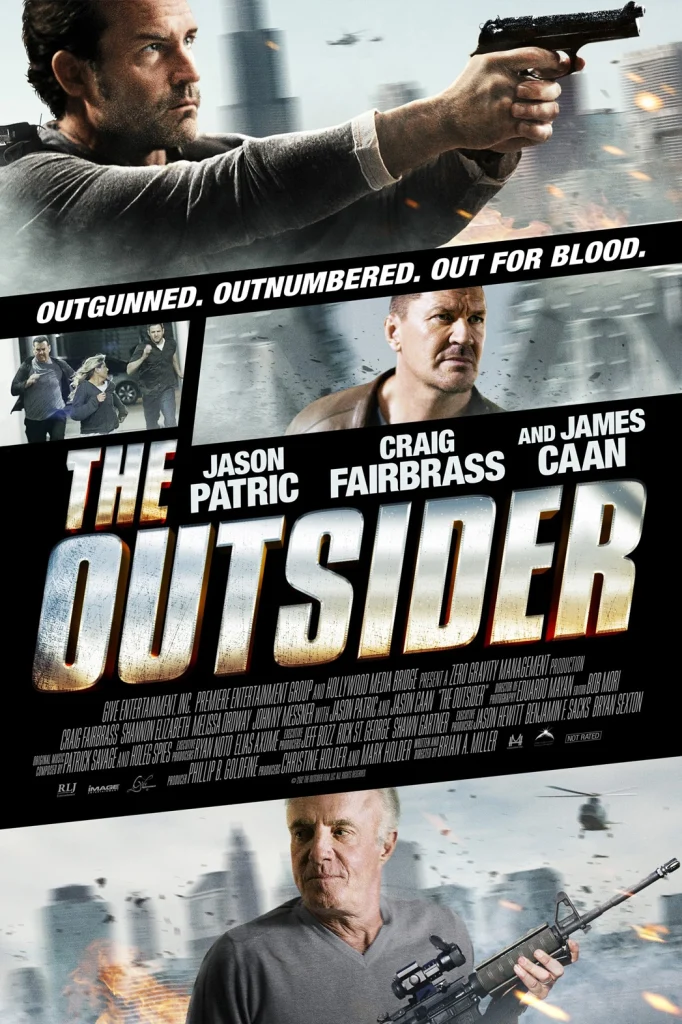
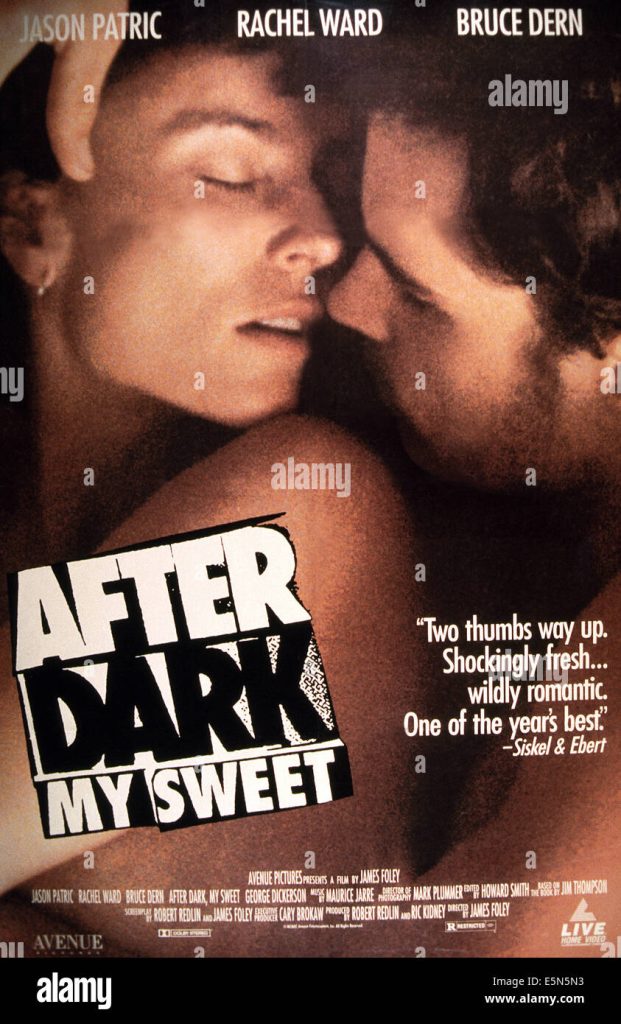
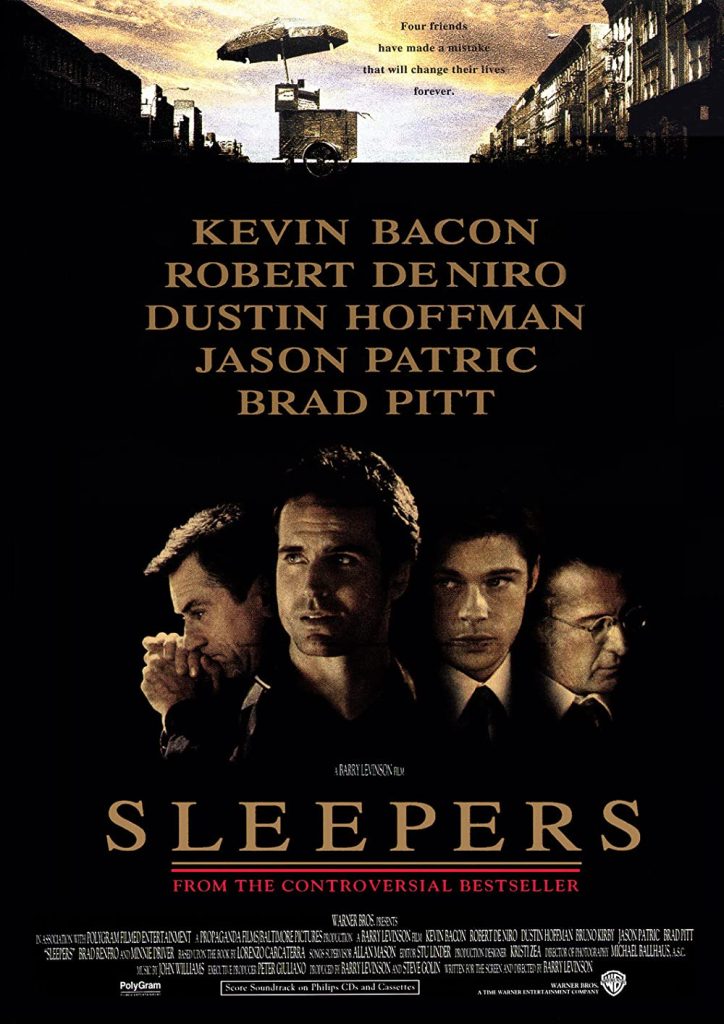
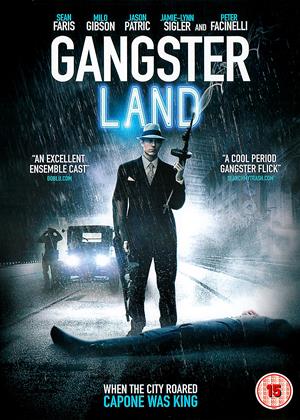
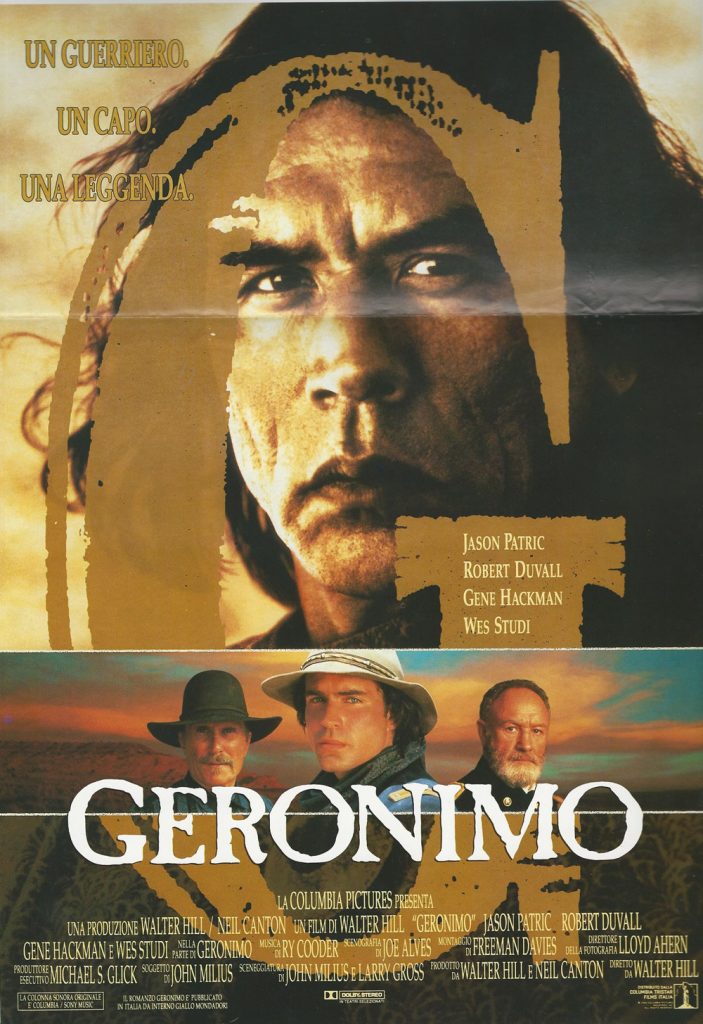
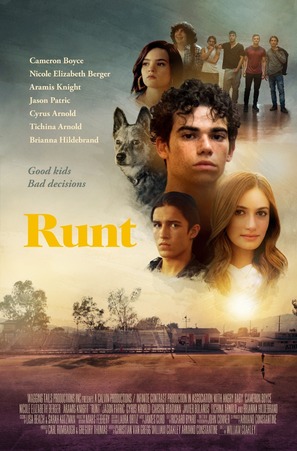
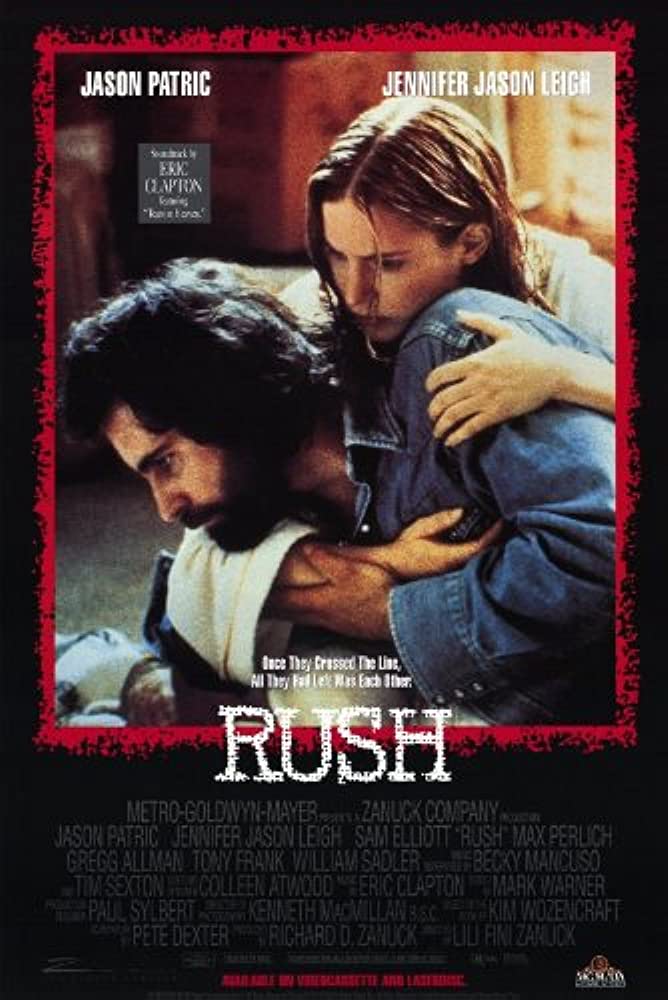
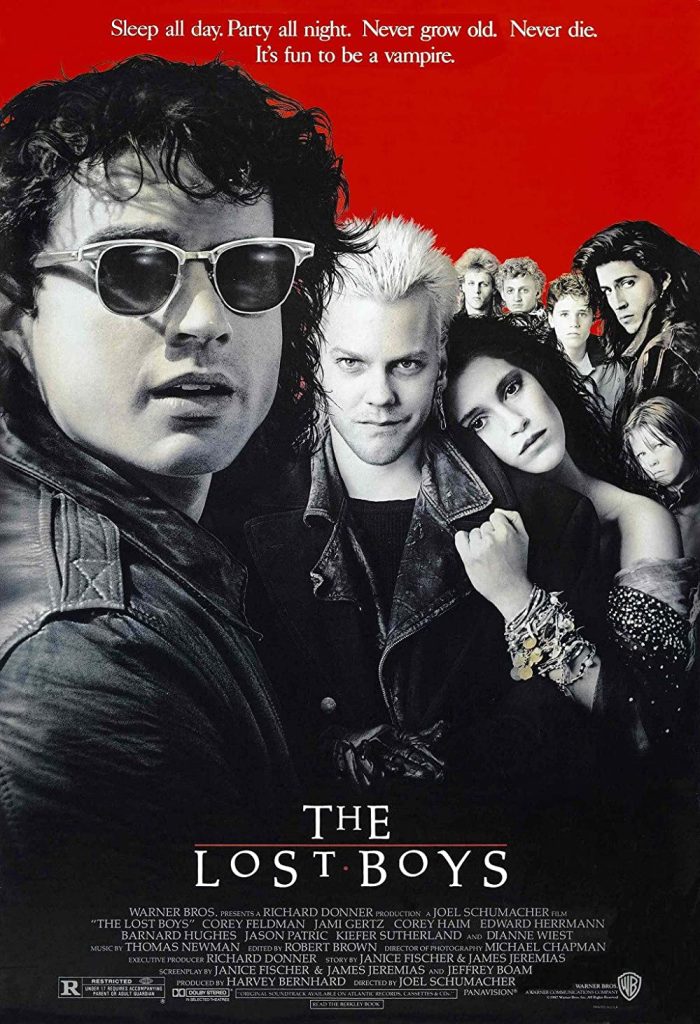
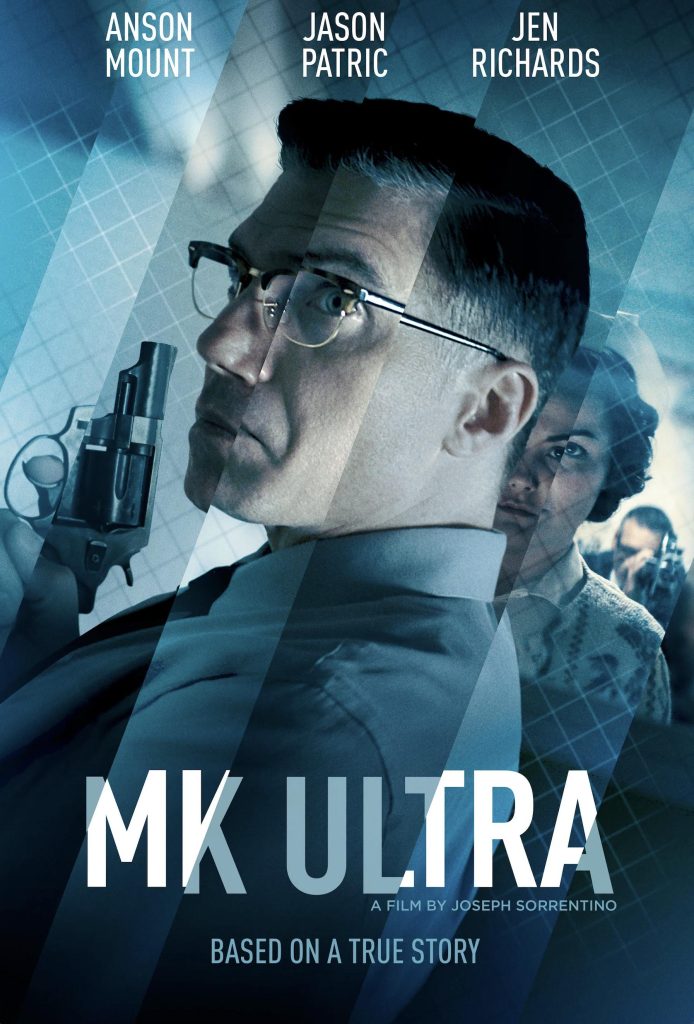
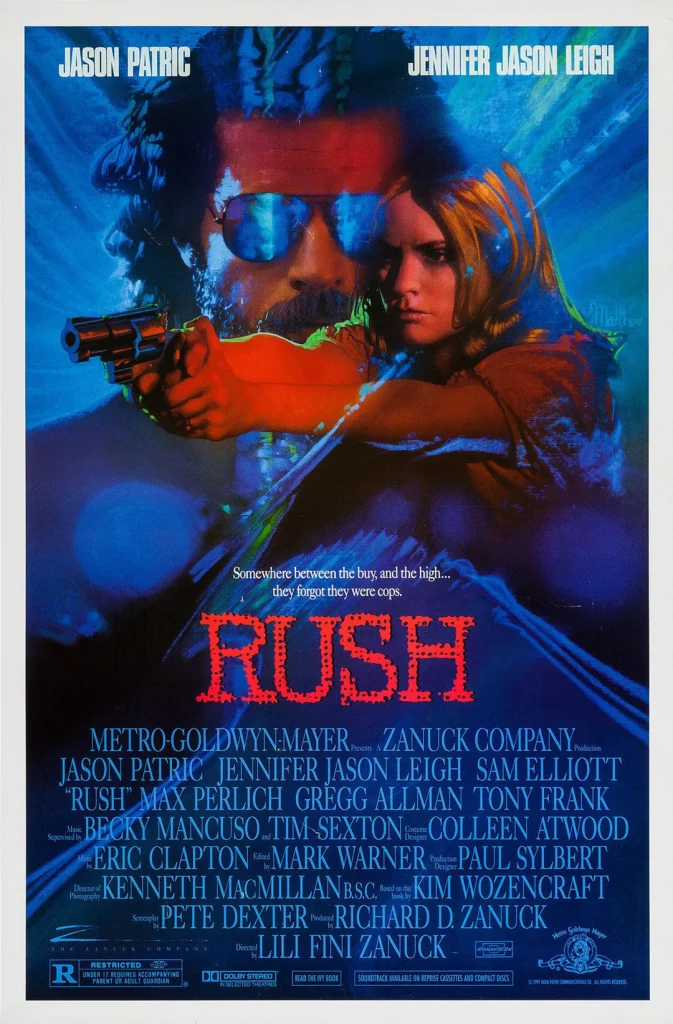
Jason Patric was born in 1966 in Queens, New York. His father was the actor/playwright Jason Miller and his grandfather was the comedian Jackie Gleason. His first major film was “The Lost Boys” and other films include “Rush” and “Sleepers”.
TCM Overview:
Hailed for his intense characterizations in hard-edged independent films “After Dark, My Sweet” (1990) and “Rush” (1991), Jason Patric’s best screen performances were little-seen outside of film festival and critics’ circles, while his occasional forays into big-budget movies were met with widespread disappointment. In his twenties, the sexy, brooding Patric was pegged as the “next big thing” in films like “Solarbabies” (1986) and “The Lost Boys” (1987), as well as made a bit of a tabloid splash in 1991 by running off with America’s Sweetheart, Julia Roberts, after she broke off her engagement to his close friend, Kiefer Sutherland. When it came to his craft, however, there was no mistaking his intensity and sense of purpose as he began pursuing more character-driven dramas. Like his contemporary, Sean Penn, Patric showed a penchant for downplaying his good looks and showbiz lineage in favor of an enigmatic reclusiveness and dedicated artist’s lifestyle. Perhaps because of this – aided, no doubt, by his participation in the massive critical and commercial flop that was “Speed 2: Cruise Control” (1997) – Patric’s initial buzz never materialized into the string of critical acclaim Penn would go on to enjoy, despite efforts to limit his big-budget appearances in favor of more serious historical pictures like “Geronimo” (1993) and “The Alamo” (2004), or the controversial “Sleepers” (1996). Though he occasionally surfaced over the next decade to give noted performances in indie films “Your Friends and Neighbors” (1998) and “Expired” (2007), he never seemed interested in fulfilling the expectations of his promising start.
Patric was born Jason Patric Miller on June 17, 1966, in Queens, NY. Patric’s stage name downplayed the actor’s show business lineage, however, as he was the son of Pulitzer Prize-winning playwright and Academy Award-nominated actor Jason Miller – best known for his role of Father Karras in “The Exorcist” (1973) – and actress Linda G. Miller – herself the daughter of comedy legend Jackie Gleason. Following the divorce of his parents at age six, Patric and his siblings were raised in New York City until age 16, when they moved to California and Patric earned his first credit as a production assistant on the film version of his father’s award-winning play, “That Championship Season” (1982). While he showed an aptitude and interest in production, Patric opted for an acting career, dropping his surname and landing his first role as the troubled son of Bruce Dern and Lee Remick in the ABC television movie, “Toughlove” (1985). He made his big screen debut as a roller-skating hunk in Mel Brooks’ unsuccessful sci-fi flick, “Solarbabies” (1986), but began to earn a following with his sophomore effort as Michael, the disaffected older brother of Corey Haim who is drawn into a cult of vampires in the Gen-X classic, “The Lost Boys” (1987) – a film which starred his off-screen buddy and future romantic rival, Kiefer Sutherland.
The underrated “The Beast” (1988) afforded Patric the unusual role of a pacifist Russian soldier in Afghanistan who eventually joins the Afghan rebels. But it was the actor’s back-to-back turns as a punch-drunk boxer caught up in a kidnapping scheme in the neo-noir “After Dark, My Sweet” (1990) and as a heroin-addicted narcotics cop in “Rush” (1991) that firmly established Patric as an actor with serious chops. While his acting reputation grew, Patric’s guarded and elusive nature became clear – which made it all the more surprising when the very private actor hooked up with America’s very high-profile sweetheart Julia Roberts in 1991. Hot on the heels of the actress’ last-minute, pre-marriage breakup with Kiefer Sutherland – incidentally, Patric’s good friend – the new pair was chased around Europe by the rabid paparazzi. Such was public obsession with Roberts’ then very tempestuous love life that the press had a stronger than usual interest in determining just when things turned romantic for she and Patric, owing to the suddenness of the Sutherland/Roberts nuptial cancellation. Not surprisingly, the couple’s relationship lasted less than a year, after which Patric gladly retreated from public view. He did go on to date another high-profile beauty, supermodel Christy Turlington, on-and-off for six years, beginning in 1994. Determined to avoid a repeat of the Roberts fiasco, the couple kept a low-profile, rarely being seen together in public. Turlington eventually ended the relationship when she met her future husband, actor-director Ed Burns, in the fall of 2000.
Patric next co-starred as the drawling Southern officer who convinces the renowned Apache leader to surrender in the limp historical retelling, “Geronimo: An American Legend” (1993). The film failed to deliver on the indie film buzz surrounding Patric, and he unfortunately followed up with another middling period drama, “The Journey of August King” (1995), in which he played a widower who helps a runaway slave. The sexy, brooding and intense actor seemed poised to regain momentum with his starring role as one of four men seeking to avenge the abuse they suffered as boys in a detention center in Barry Levinson’s “Sleepers” (1996), but despite a strong cast, including Robert De Niro, Brad Pitt, Kevin Bacon and Dustin Hoffman, the film release was dominated by questions of authenticity aimed at Lorenzo Carcaterra, the author of the memoir upon which the movie was based. The enigmatic, anti-leading man was a surprise pick to co-star alongside spunky Sandra Bullock in the ocean-set sequel, “Speed 2: Cruise Control” (1997), which did not come anywhere close to matching the critical or box office popularity of the original grouping of Bullock, Reeves and a bus. Patric used his proceeds from the film to help finance Neil LaBute’s black comedy “Your Friends and Neighbors” (1998), in which he rebounded with one of his best screen performances as a misogynistic bachelor.
After a significant absence, Patric returned to the screen and recaptured some of the dark intensity that had fueled his initial accolades with the well-received indie “Narc” (2002), co-starring alongside Ray Liotta as a crooked, drug-trading police officer. He made his Broadway debut the following year opposite Ashley Judd in the role of Brick in “Cat on a Hot Tin Roof” at the Music Box Theatre. In another American history chronicle, Patric starred as populist icon Jim Bowie in “The Alamo” (2004), but the unsatisfying film earned more press for its troubled, delayed production than for its final results. At the time of its release, Patric was back in the headlines; this time for a messy physical altercation with a police officer after the actor was arrested on charges of public intoxication and resisting arrest in Austin, TX. Though the prosecuting attorney’s office later dropped the charges, Patric subsequently sued the arresting officer for violating his civil rights. The federal jury ruled in the officer’s favor.
Following his latest unsuccessful stab at finding a home for his particularly dark, character-driven talent in big budget affairs, Patric stuck to independent film, starring as an out-of-work miner lured into the violent world of dog fighting in the 1950s-set drama, “Walker Payne” (2007). In the Sundance, Cannes and AFI Fest-screened “Expired” (2007), Patric snared excellent reviews for starring alongside Samantha Morton as an angry, Internet porn-addicted parking enforcement officer who has a romance with an incompatible co-worker. Maintaining a steadier output, Patric appeared in theaters in indies “Downloading Nancy” (2009), as a man recruited for an Internet romance; first for rough sex and then for murder. He also portrayed the parent of a child (Abigail Breslin) who donates a kidney to her leukemia-stricken sister (Sofia Vassilieva) in Nick Cassavetes’ tearjerker, “My Sister’s Keeper” (2009).
The above TCM Overview can also be accessed online here.
